Debt Collection and Civil Procedure in Cyprus.
Debt Collection and Civil Procedure in Cyprus.
Debt collection procedure in Cyprus.
The legal procedure to recover a debt in Cyprus is regulated by the Civil Procedure Rules.
The Court procedure starts with the filing of the Writ of Summons to the appropriate District Court. Usually it is the District Court of the district where the defendant resides or has his business.
The Writ of Summons (“WoS”) is a pleading i.e. a legal document which includes the facts of the case and the remedies claimed by a Plaintiff. For example recovery of debt or damages. The party who files the law suit is called Plaintiff and the party who the law suit is filed against is called Defendant.
After the filing of the WoS at the District Court, the next step is to service it to the Defendant (s).
Service is effected through a private bailiff . The service of the WoS is essential in order for the court process to commence. If it is not possible to find the Defendant then the Plaintiff may apply for a court order allowing substituted service for example publishing the WoS in a newspaper.
The Defendant has 10 days from the service of the WoS to appoint a lawyer to appear on his behalf.
In case the Defendant does not appoint a lawyer , the Plaintiff may apply to the Court for judgment in default. That is, issue judgment in the absence of the Defendant. This procedure is called application for judgment due to non appearance. It can be filed after the lapse of 10 days after the service of the WoS and where the Defendant does not appoint a lawyer.
The application for judgment because of non appearance is usually set for hearing one month after its filling. On the hearing date, the Plaintiff proves his case by way of affidavit. The Court then issues judgment.
On the other hand, if the Defendant after the service of the WoS, appoints a lawyer then a Defence must be filed within 14 days from the date the Defendant’s lawyer files a note of appearance.
The Defence must deny such matters of fact, from which the liability of the defendant is alleged to arise. A Defendant may also raise a Counter – Claim i.e. claim against the Plantiff.
After the filing of the Defence the Plaintiff has to file the Reply to the Defence.
The above documents are also called Pleadings.
After the Pleadings are closed the case is set of directions before a Judge. At that stage preliminary matters are discussed and directions are given for any other pre-trial steps , for example discovery of documents, further and better particulars of the pleadings and so on.
Given today’s time constraints, the trial starts, 3 to 4 years after the case is filed.
During the Hearing each side must produce oral and documentary evidence to prove its case. Each witness is cross-examined by the lawyer of the opponent. After the evidence is presented the Court will hear arguments by the lawyers and a judgment is reserved.
The legal expenses and fees are regulated partly from the Court Rules of the Supreme Court in Cyprus.
Expenses and legal fees in court procedures in Cyprus.
The expenses are divided into real expenses and legal fees. Both depend on court scales. The court scales arise out from the value of the claim of the law suit. For example a claim of €15,000 will fall in the scale €10,000 – €50,000 and the legal costs will be determined by that scale. The rule followed by Cyprus courts is that, as a matter of principle, the legal fees are awarded to the litigant that wins the case. There are rare exceptions to this rule. Despite the above nothing precludes a lawyer from agreeing with his client a different fee or agreement.
Execution of a judgment in Cyprus.
An important note as regards collection of debts is the following: Issuance of a judgment in court does not mean that the debt is automatically recovered. Execution of the judgment or collection of the debt is an entirely different procedure. Thus, once a judgment is issued the Plaintiff must take measure to collect the debt if the Defendant does not willingly pay. Further if the Defendant is a limited liability company the principle of separate legal personality applies. To put it very simply if the Defendant company has no assets or property the judgment debt may remain unsatisfied. The directors and shareholders of the Defendant company do not have any personal liability unless they have signed a personal guarantee. Consequently in some instances it may not serve the purpose to file a law suit against a legal person if it is known in advance that it has no assets.
Contact us for more information.
In case you wish to initiation a debt collection case in Cyprus we can assist.
Contact us here for free consultation and advice.
